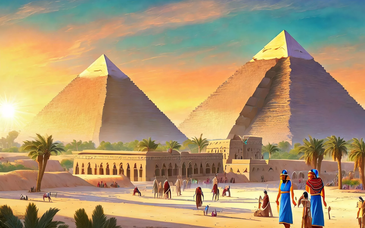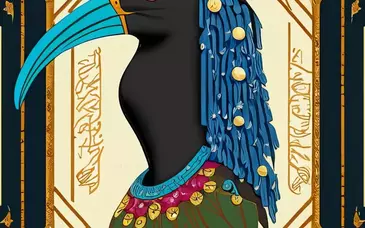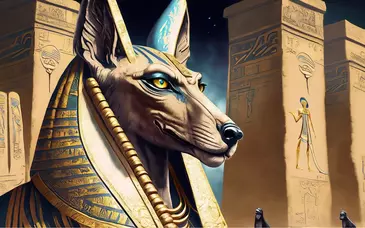
Charles Chaillé-Long was a fascinating man. A captain in the Maryland Volunteers with no battle experience, he entered the service of the Khedive as a lieutenant colonel. For four years, he was moved from post to post, but used his time to learn Arabic. Finally, an ideal situation presented itself: Chaillé-Long was attached to the staff of another of the Khedive’s mercenaries, Charles George “Chinese” Gordon. Both men were alike, ambitious, and jealous of fame, and each soon began to detest the other. In 1874, the party headed south through the Sudan (where Gordon seized control of the ivory trade, setting in motion the very forces that would one day lead to his death in Khartoum). Unknown to Gordon, Chaillé-Long had been given a secret mission by the Khedive. Striking off on his own, the American headed south into Uganda. During his adventure, he met with M’Tesa, the king of Uganda, who agreed to become a vassal of the Khedive. During the return trip, Chaillé-Long discovered Lake Kioga, one of the lakes through which the White Nile flowed north. He went on two more expeditions, one in modern-day Zaire, the other along the African coast. Chaillé-Long left the Egyptian service in 1877 as a decorated colonel.
On his return to the United States, he attended Columbia Law School, graduating in 1880, and went into international law. Chaillé-Long was in Alexandria during the British bombardment in 1882, and assumed the duties of consul general. The last consul to quit his post and the first to return, he was credited with saving the lives of hundreds of refugees who were placed on American warships, as well as dispatching a U.S. force that saved Khedive Tewfik from Arabi’s forces. In 1887 Chaillé-Long was appointed by President Cleveland as consul general to Korea, a position he held for two years. While there, he led a scientific expedition to Cheju Island. Embittered because his African discoveries were mostly ignored in favor of those by British explorers, he spent the rest of his life lecturing and writing numerous magazine articles (such as “England in Egypt and the Soudan,” for The North American Review, May 1899), and books, including My Life in Four Continents. Chaillé-Long died in 1917.


